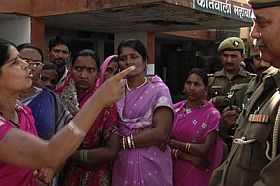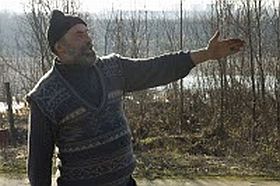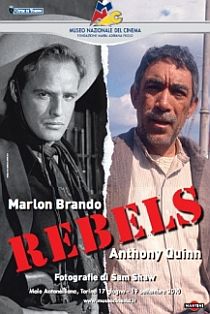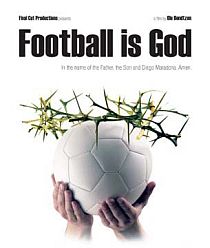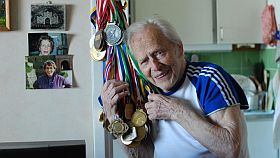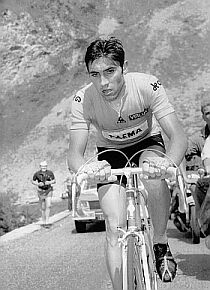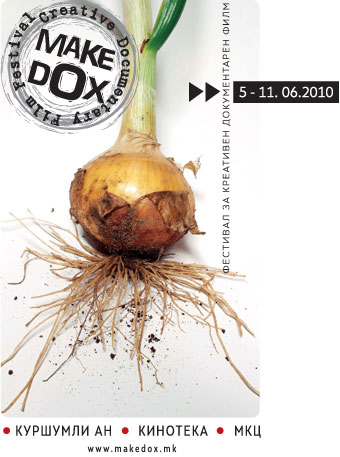


Nils Vest: Et rådhus
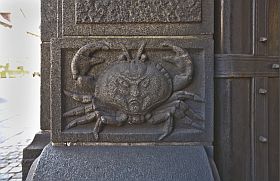
Den koncentreret vedholdende og omhyggeligt researchende Niels Vest er klar med en ny arkitekturfilm. 17. juni er der i Grand Teatret, København premiere på hans seneste værk i rækken af bygningshistorier vævet sammen med arkitektbiografier, filmen om tilblivelsen af Københavns Rådhus fra 1905 og om husets arkitekt, Martin Nyrop. Den har fået titlen Et rådhus til alvor og fest. Den handler om intrigerne i byggeudvalget, hvor Nyrops modstandere havde indflydelse, om arkitektkonkurrencerne, om Nyrops vældige forarbejder med studier, især i italiensk renæssancearkitektur, om hans frodige detaljeglæde og især om den snedige stædighed, hvormed han sikrede sig, at hans oprindelige idé og plan ad omveje blev gennemført. Et tema om den suveræne arkitektpersonlighed som er centralt i hele Vests række af skildringer af hovedpersoner og monumenter fra den danske bygningskulturelle arv: Laurits Thura og Vor Frelsers Kirke, Nicolai Eigtved og Frederiksstaden, C.F. Hansen og Vor Frue Kirke, Christian 4. og Rosenborg.
Niels Vest modtager en af dagene Europa Nostra Prisen 2010 for sit arbejde med at organisere bevarelsen af visse bymiljøer som især Christiania og senest for eksempel modstanden mod en nutidig tilbygning ved Holmens Kirke.
Still: Niels Vests film boltrer sig i detaljer: ”Den store indgang fra Vester Voldgade, hvor der engang løb en å, har både to krabber, en havmand, en havfrue og et søpindsvin placeret rundt om portåbningen foruden kalkmalerier med tang og en søstjerne oppe under loftet inde i porten.” Men filmen fortaber sig ikke et øjeblik, overblikket mærkes som en sikkerhed, ikke som en stramhed.
Nils Vest: Et rådhus til hverdag og fest, Danmark 2010, 52 min. Manuskript: Nils Vest, fotografi: Erik Norsker, Casper Høyberg, Steen Dalin og Nils Vest, klip: Jens Bidstrup, musik: Anders Koppel, lyd: Iben Haahr Andersen, produktion: Nils Vest. Produceret og distribueret af Nils Vest Film www.vestfilm.dk her også direkte dvd-salg.
